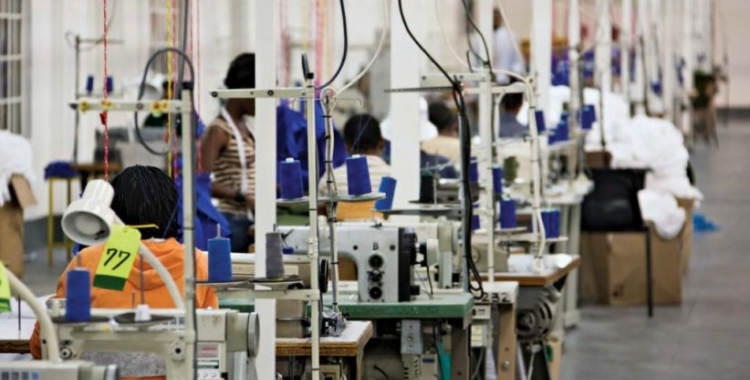The competition - in the form of assignment of the right to explore and manage - are Textang II (Cazenga, Luanda), África Têxtil (Benguela) and Comandante Bula, former SATEC (Dondo, Cuanza Norte).
In a statement, the institute also states that after the deadline for submitting applications, interested parties may visit the developments for evaluation.
Industrial units
Textang II, installed in the industrial area of Cazenga, has a vast amount of cotton and some finished products, such as fabrics, in stock. The factory opened in 2013, with a production capacity of six million meters / year of fabric for uniforms and three million / year of fabrics for shirts.
The industrial unit occupies an area of 109,270 thousand square meters, being equipped with different means.
Another of the units to be privatized is África Têxtil, located in the industrial area of Cavaco, in Benguela. The factory, which even exported tons of yarn to Portugal and China, also works with national clients such as Clinica Girassol (to which it supplies uniforms) and Hospital Sanatório do Huambo (which equips with sheets and blankets).
África Têxtil is the only unit that has four production lines, manufacturing towels, cotton blankets and sheets. The cost of the material to operate all the lines is estimated at three million dollars per semester.
Finally, the Comandante Bula plant in Cuanza Norte will also be privatized. Although it was equipped in 2013, it was never opened. It is installed in an area of 90,000 square meters, with a production capacity of 180 thousand pieces / month, 150 thousand of 'polo' t-shirts and 480 meters / month of 'denim' fabric.
It has equipment and machines such as bale opener, card, roaster, dressing tables, noodles, ring spinning machines and winder.
400 technicians have already been trained to operate the unit, which are still awaiting its opening.
If these three units go into operation, after privatization, the Government hopes to reduce the import of new and used clothing (bales). Importing the first had a cost of 170 million dollars in 2019, while used clothing cost 65 million to reach the country.







